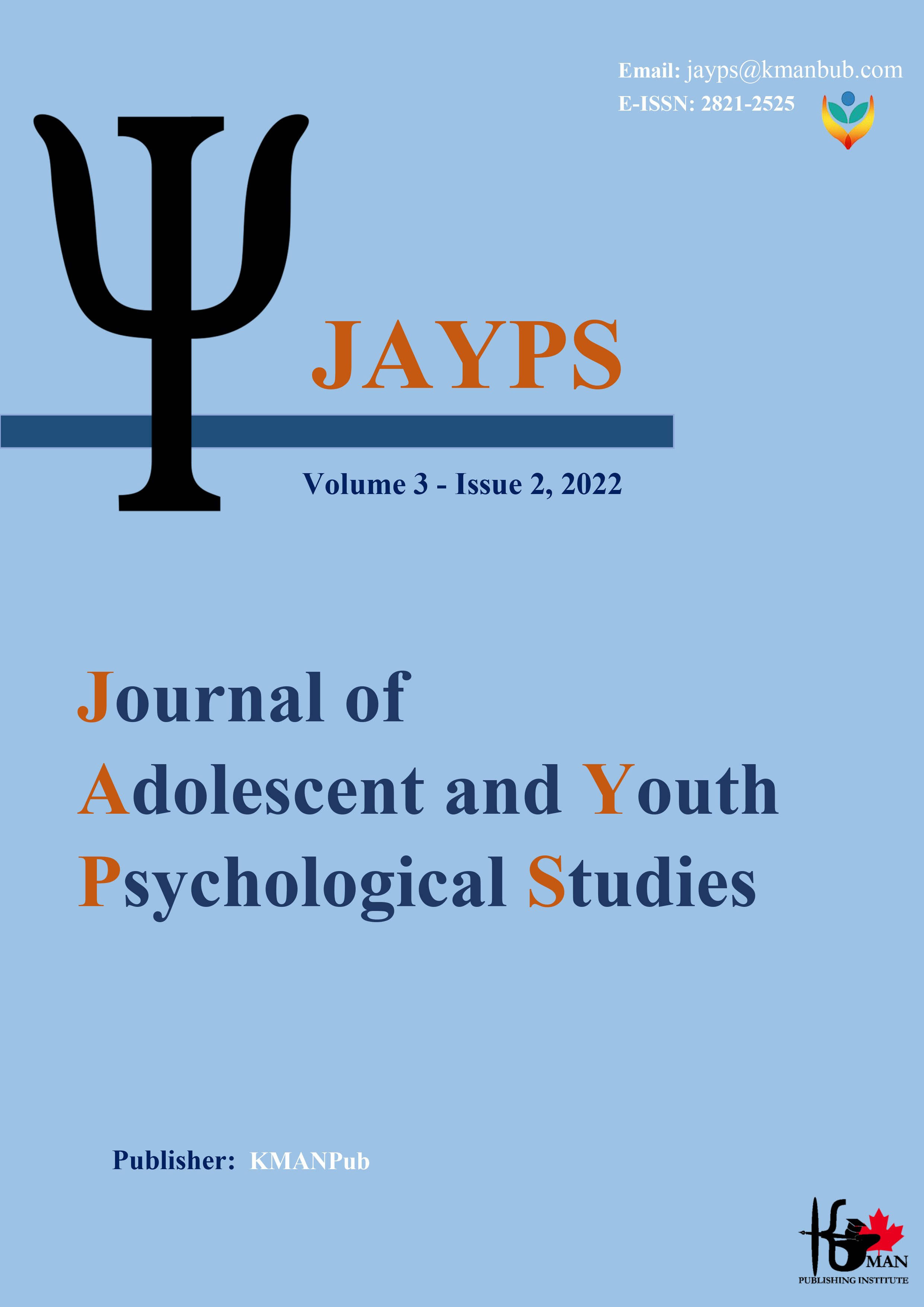Comparison of the Effectiveness of Cerebral Exercise and Play therapy Therapy on Empathy and Parent Relations in Students of Learning Disorders in Tehran
Keywords:
exercise, play therapy, empathy, child-parent relationships, students, learning disorder.Abstract
Background and Aim: Learning disorder in children is a neuro-developmental disorder that affects the effective processing of verbal or non-verbal information. The present study was conducted with the aim of comparing the effectiveness of brain exercise exercises and filial play therapy on empathy and parent-child relationships in students with learning disabilities in Tehran. Methods: It was quasi-experimental research with a pre-test, post-test design with a control group. The research community includes all students with specific learning disabilities in the elementary school of Tehran. Regular multi-stage random sampling method was selected and randomly divided into three groups (two experimental groups and one control group). In all three groups, children's cognitive and emotional empathy scale questionnaires: parent rating form (Dodds et al., 2008) and Pianta overall positive parent-child interaction questionnaire, brain exercise therapeutic exercises (8 sessions) and the second experimental group, Filial play therapy (10 sessions) and no intervention was done for the control group. Statistical analysis was performed using multivariate, univariate analysis of covariance and Bonferroni’s post hoc test and SPSS23 software. Results: The findings of the research have shown that brain exercise exercises and filial play therapy on emotion management skills (F=4.880 and P<0.01), social competence (F=200.64 and P<0.01), empathy (F=231.23 and P<0.01) and parent-child relationships (F=29.97 and P<0.01) were effective. Also, there is no significant difference between the group of brain exercise exercises and the filial play therapy group on the improvement of empathy and parent-child relationships. Conclusion: It can be concluded that these two types of educational techniques can be used to help and educate children with learning disabilities.
Downloads
Downloads
Published
Issue
Section
License

This work is licensed under a Creative Commons Attribution-NonCommercial 4.0 International License.









